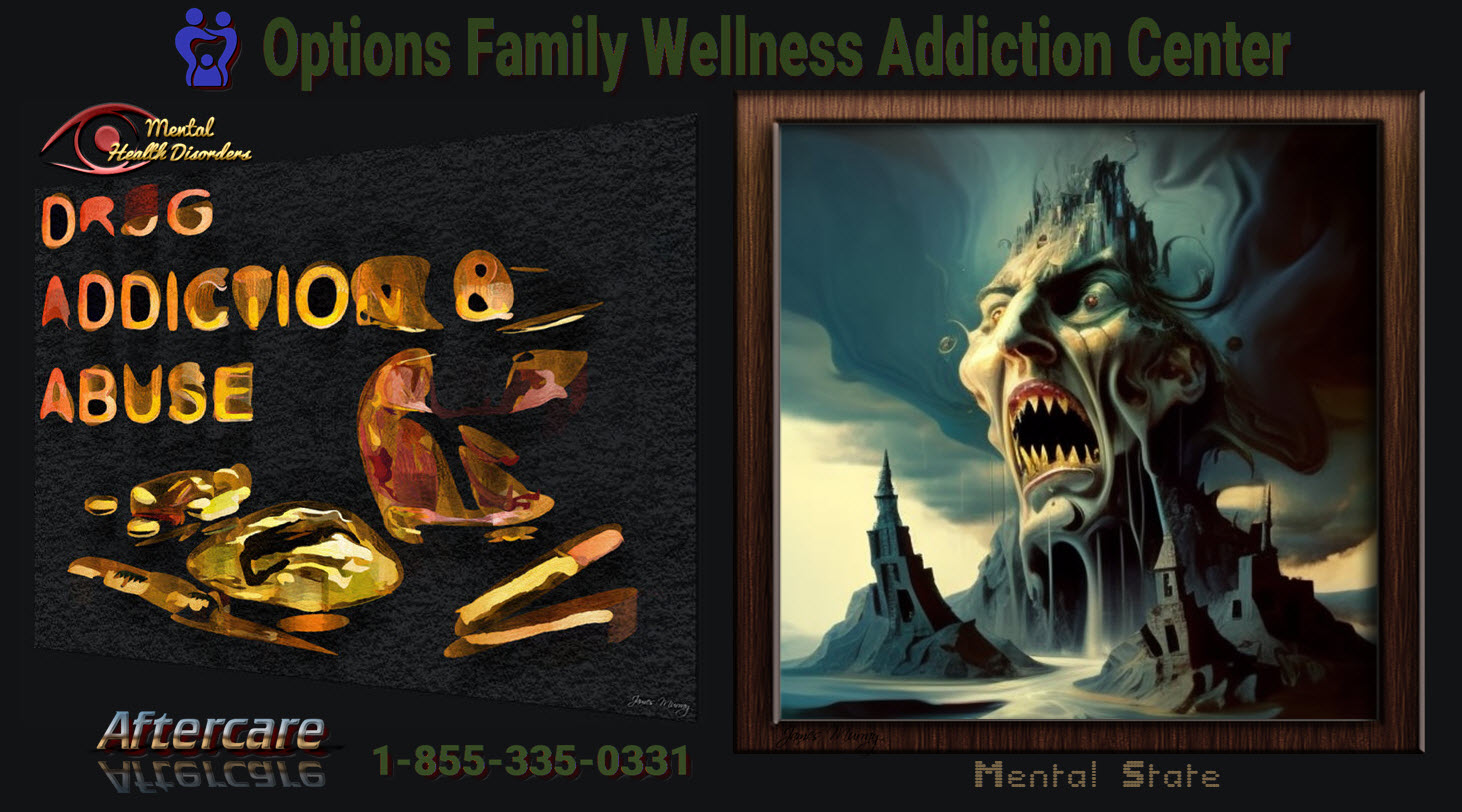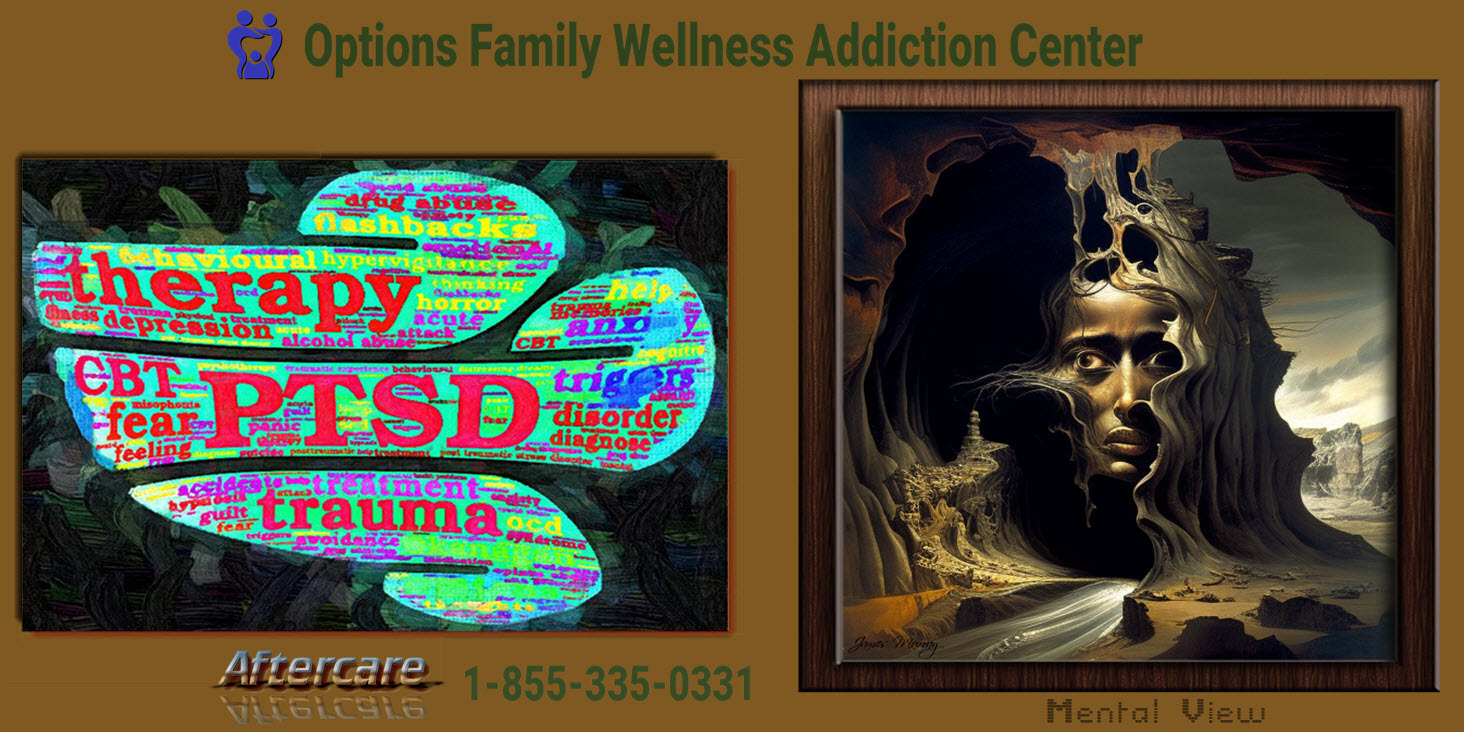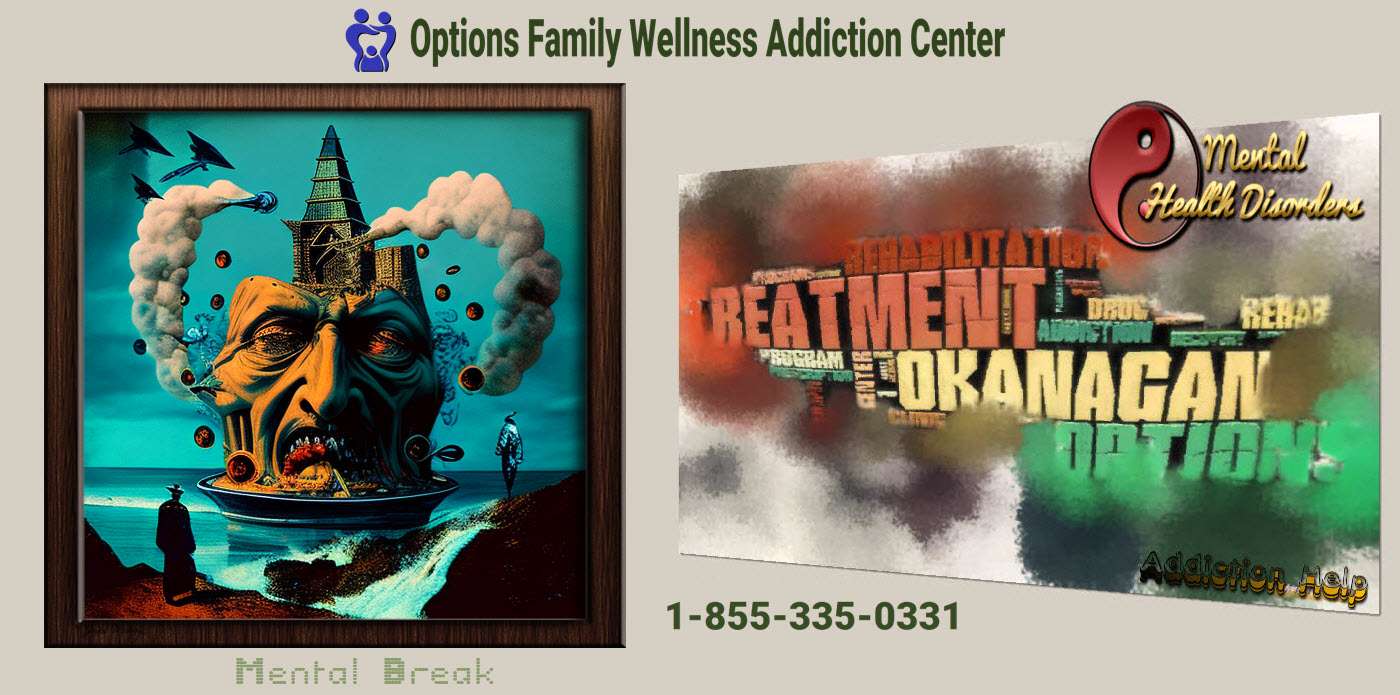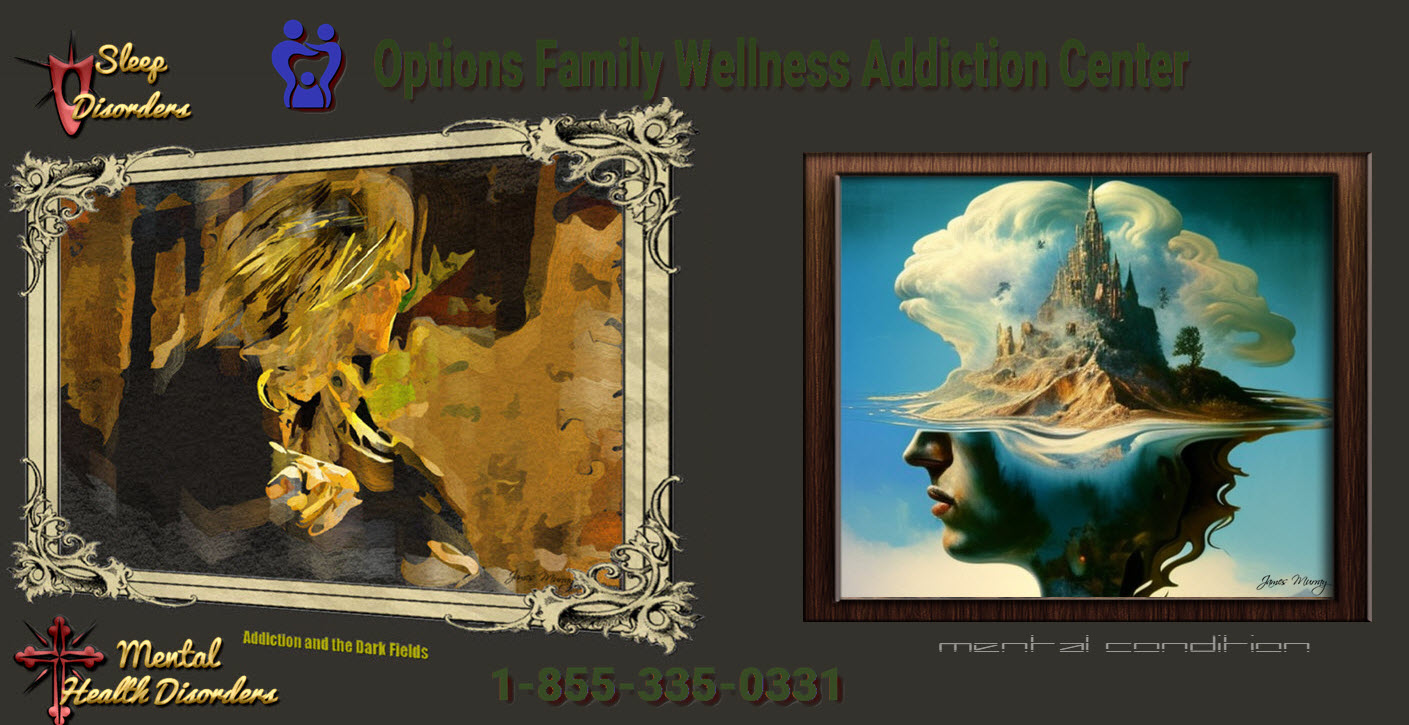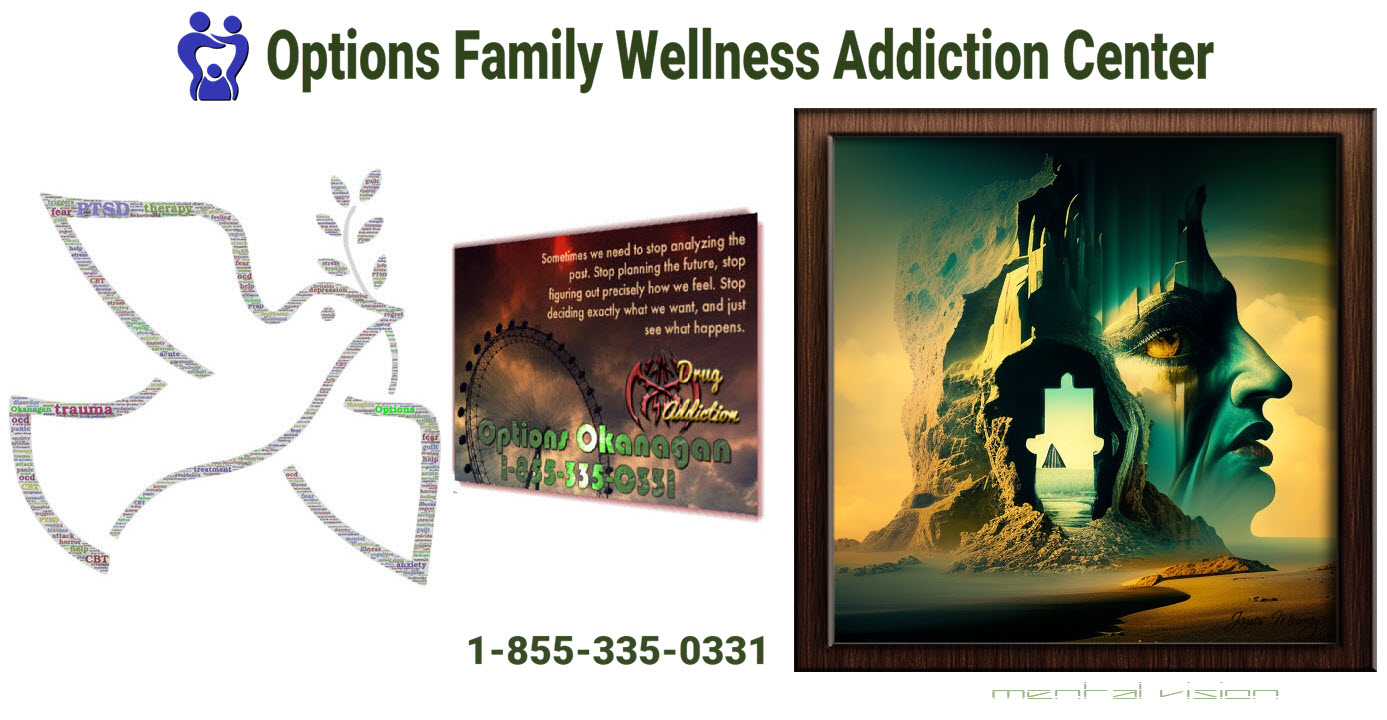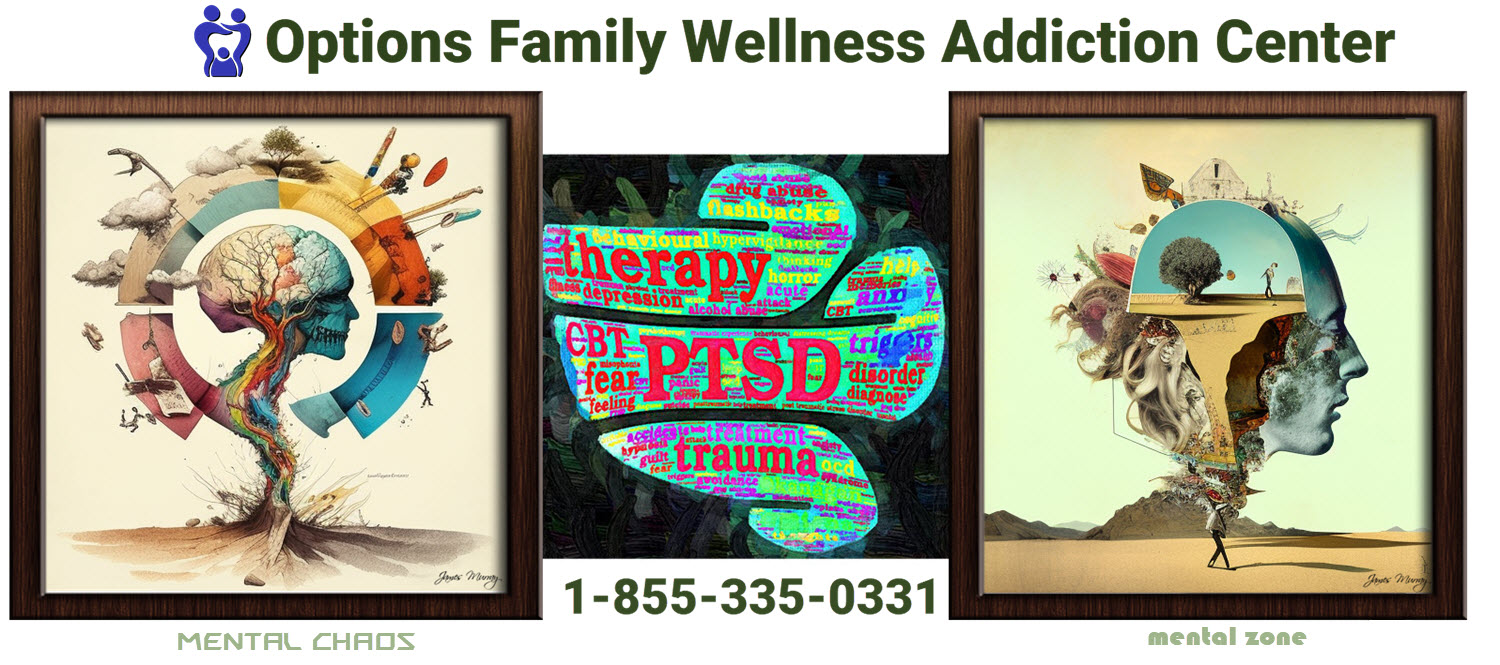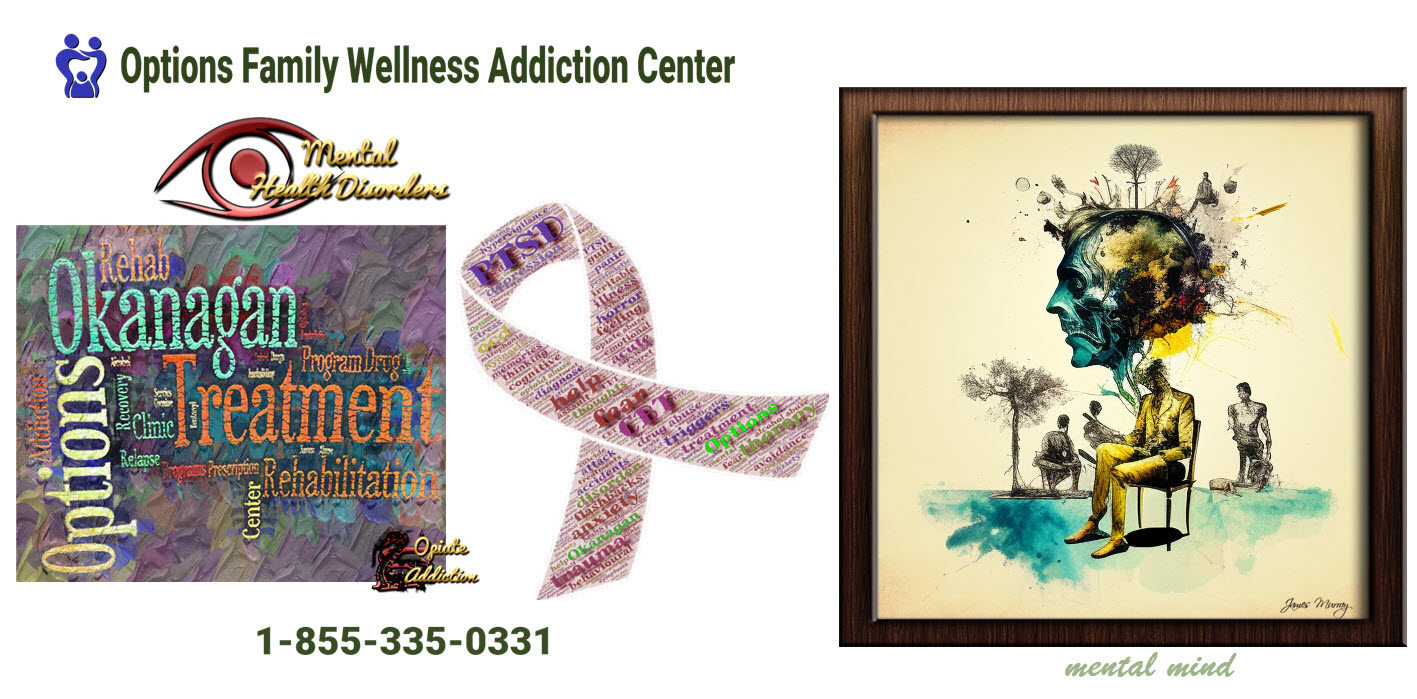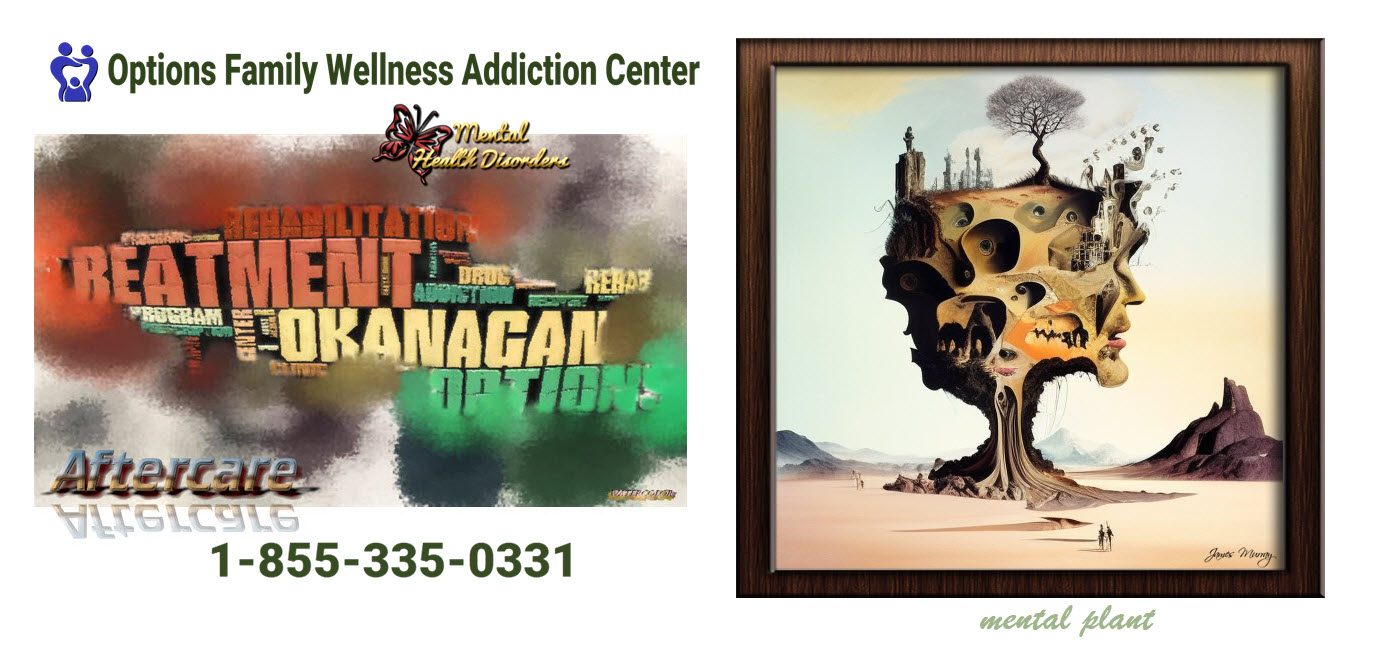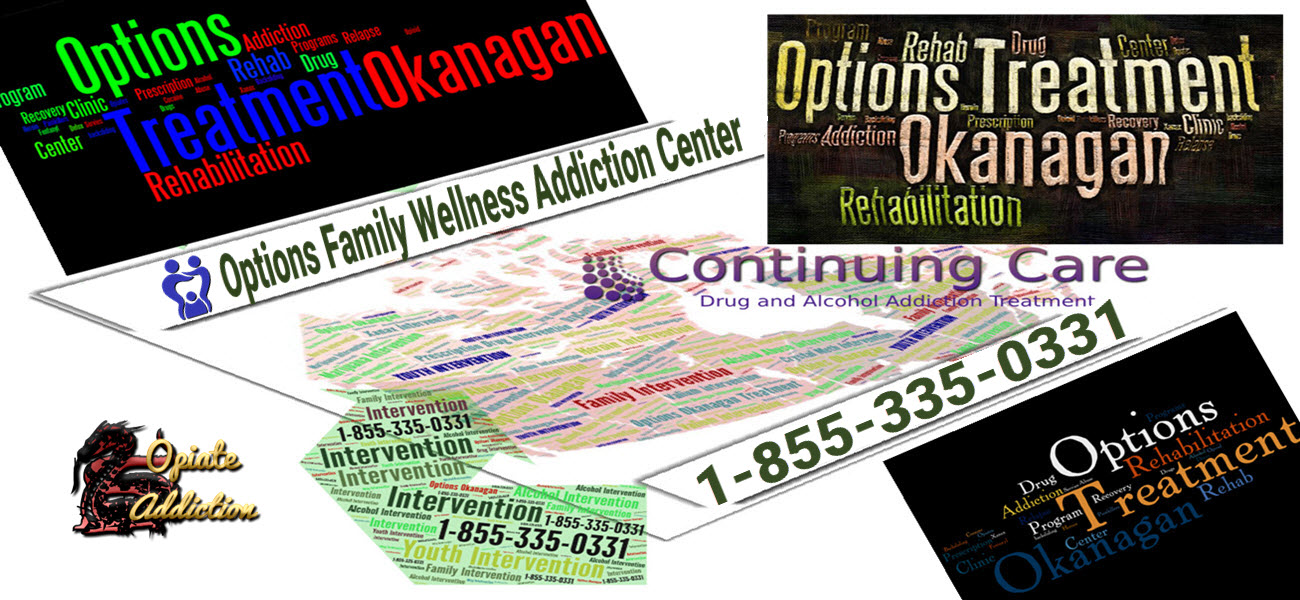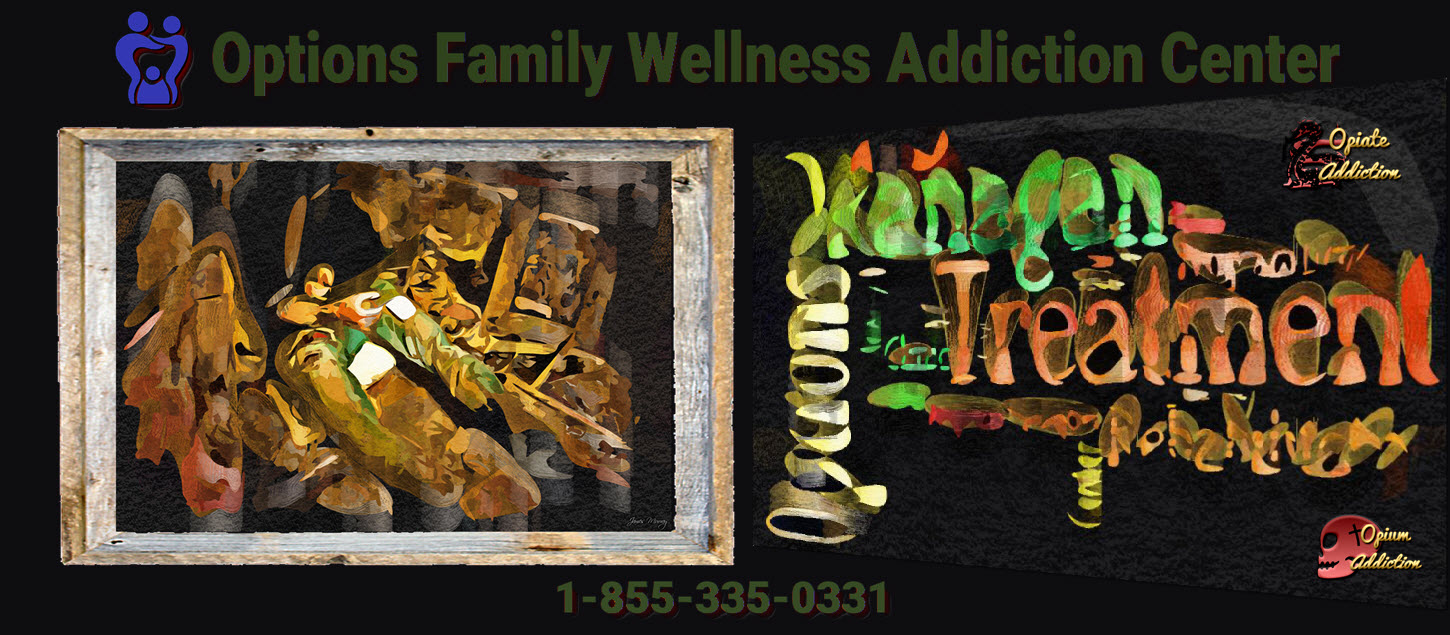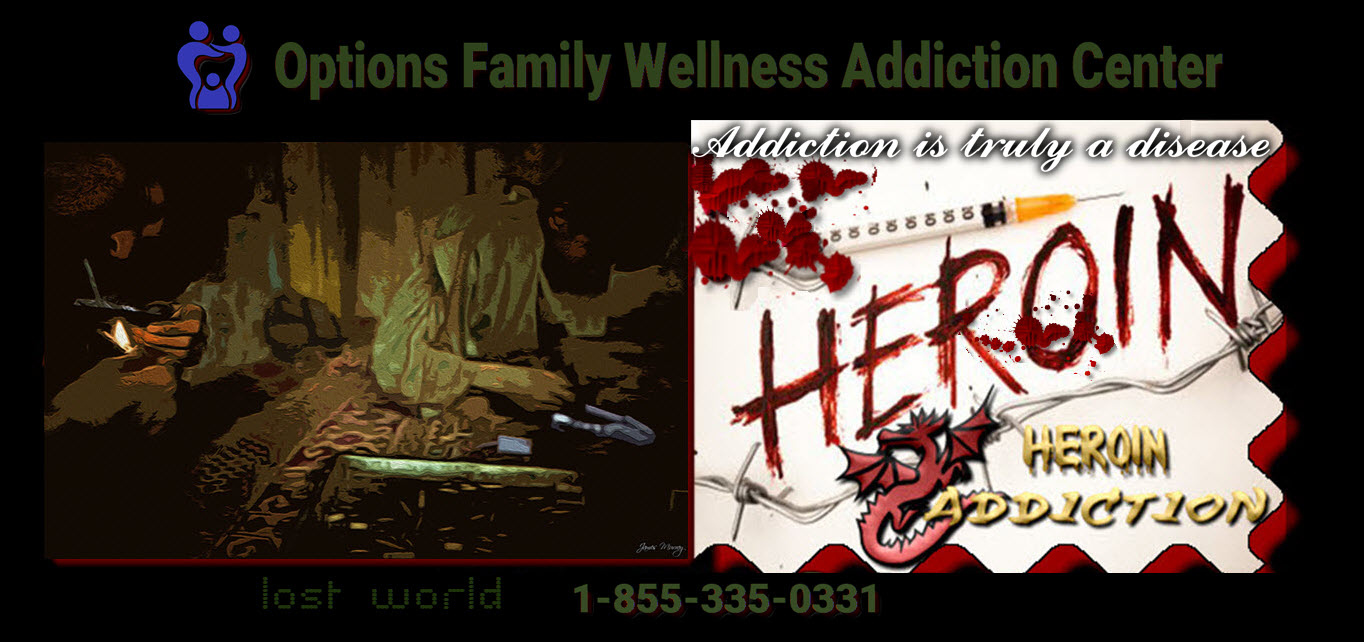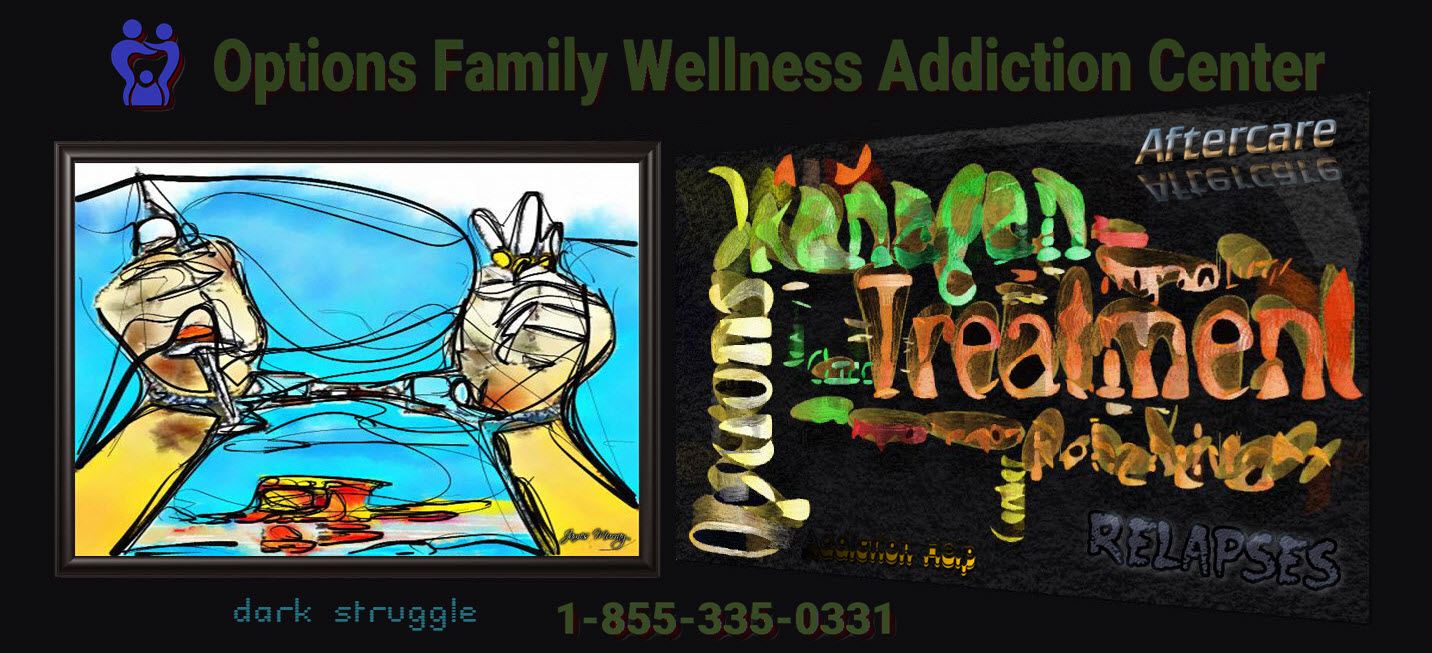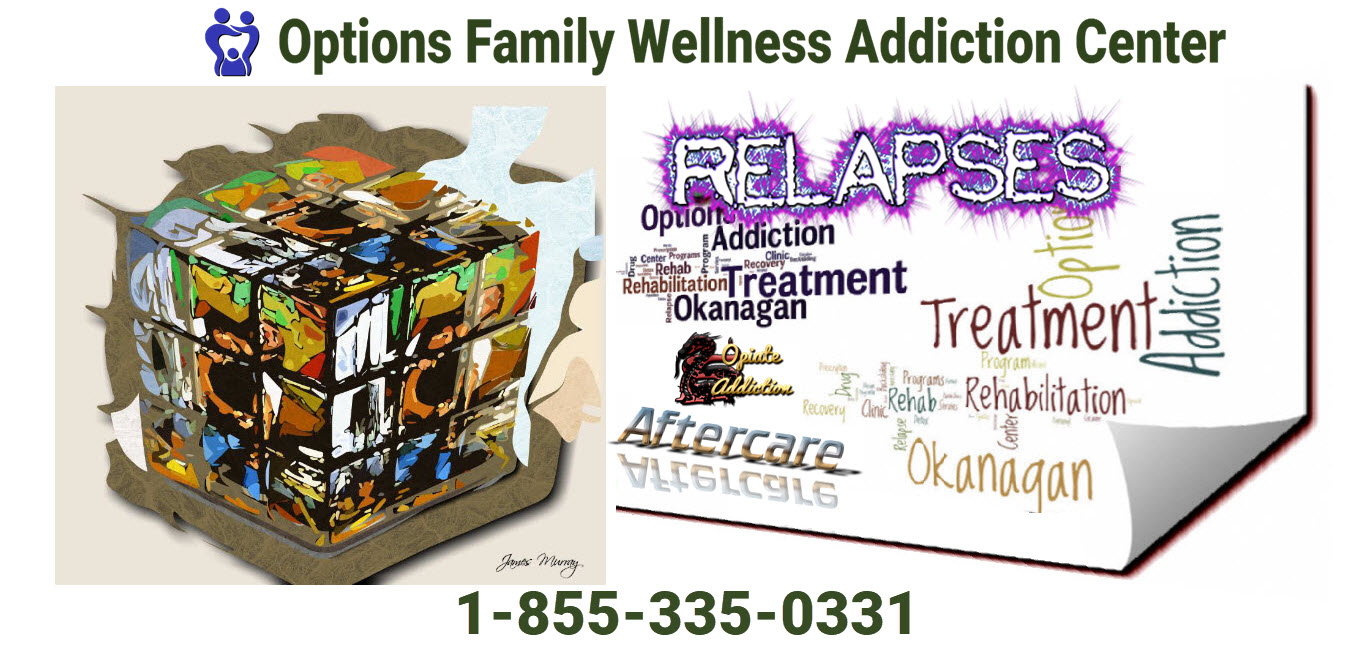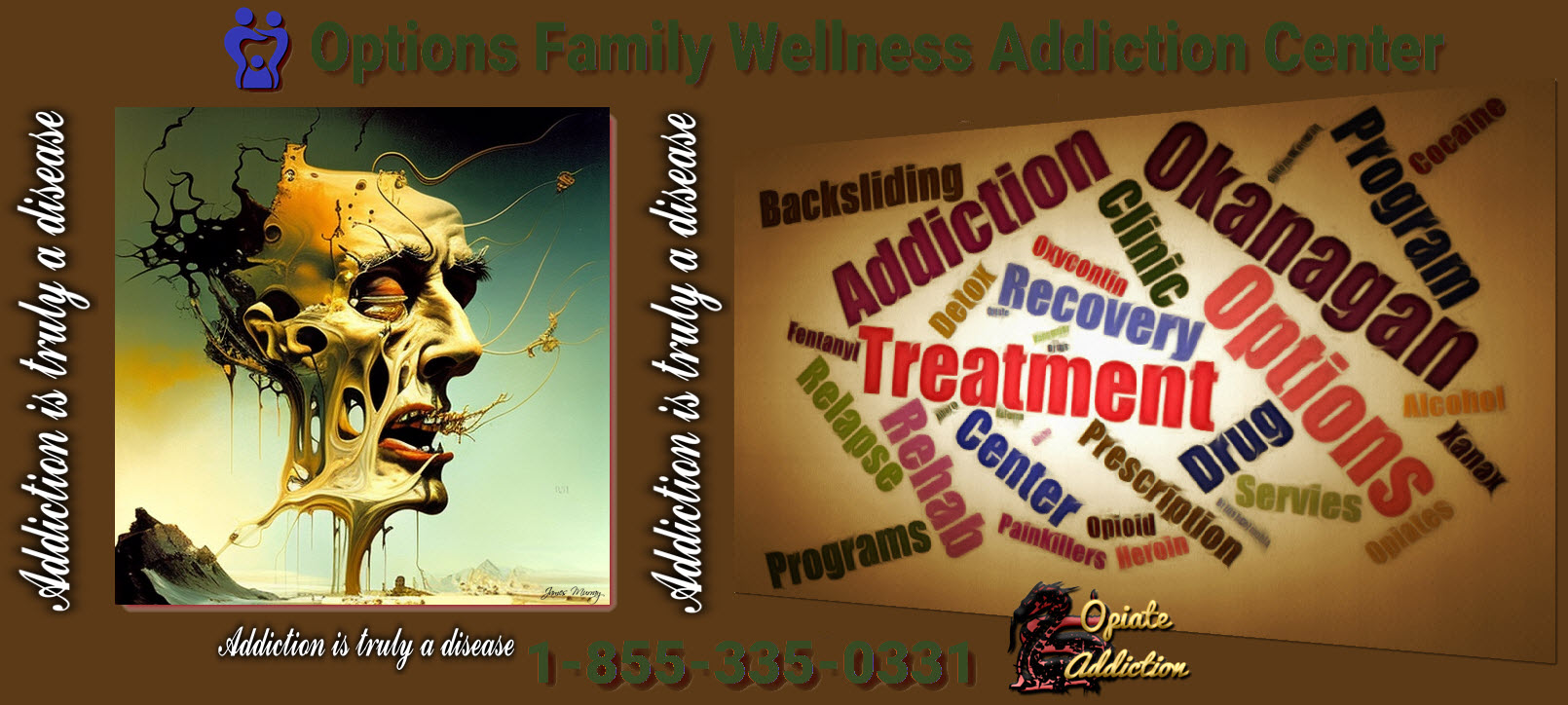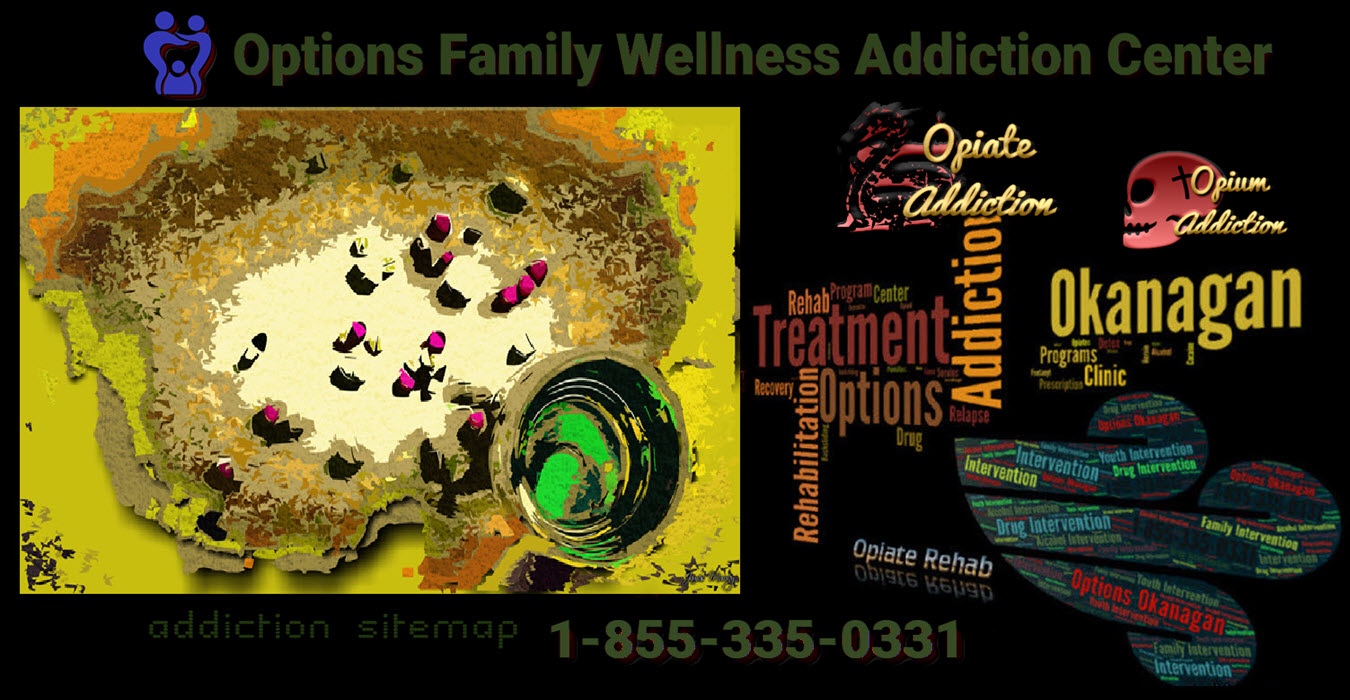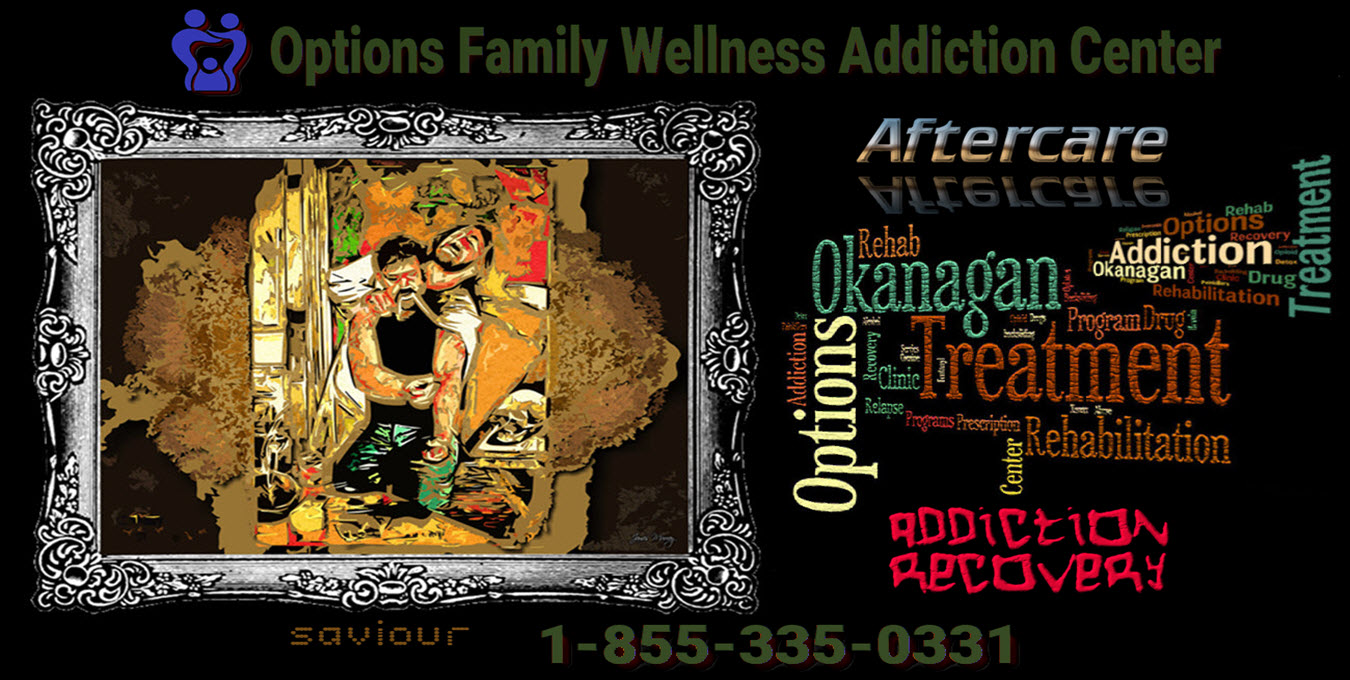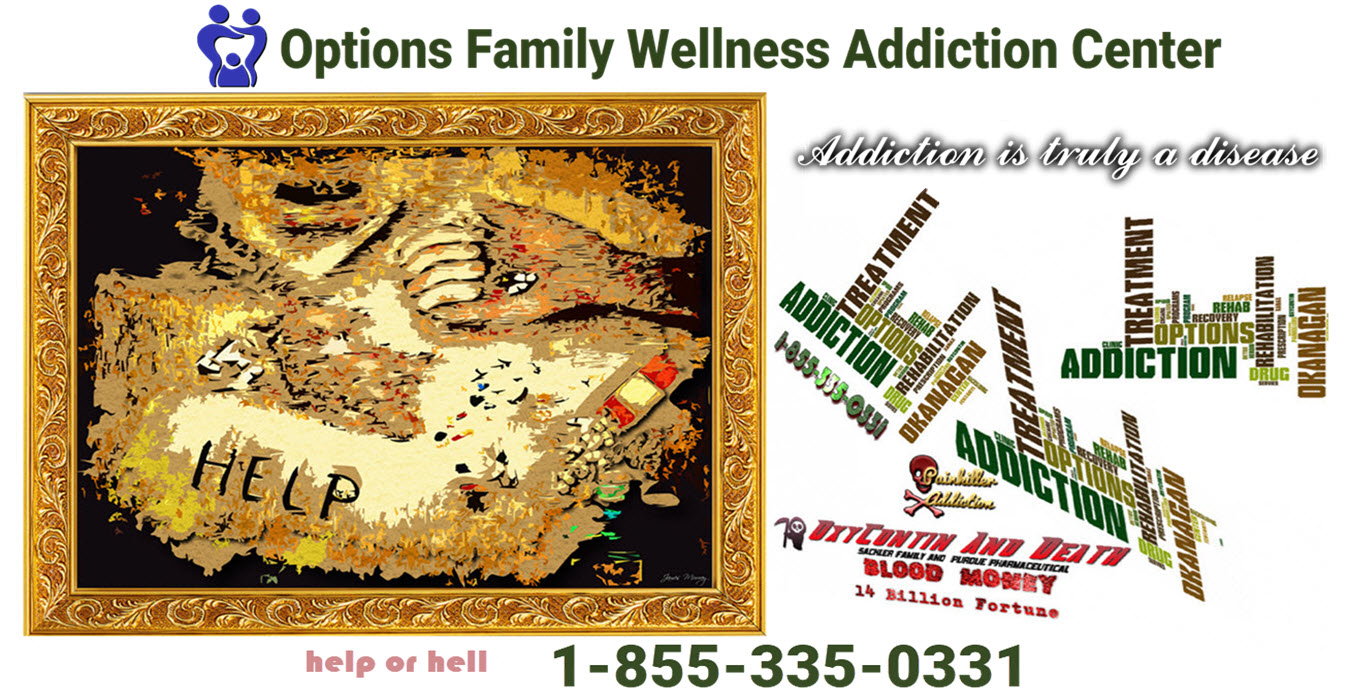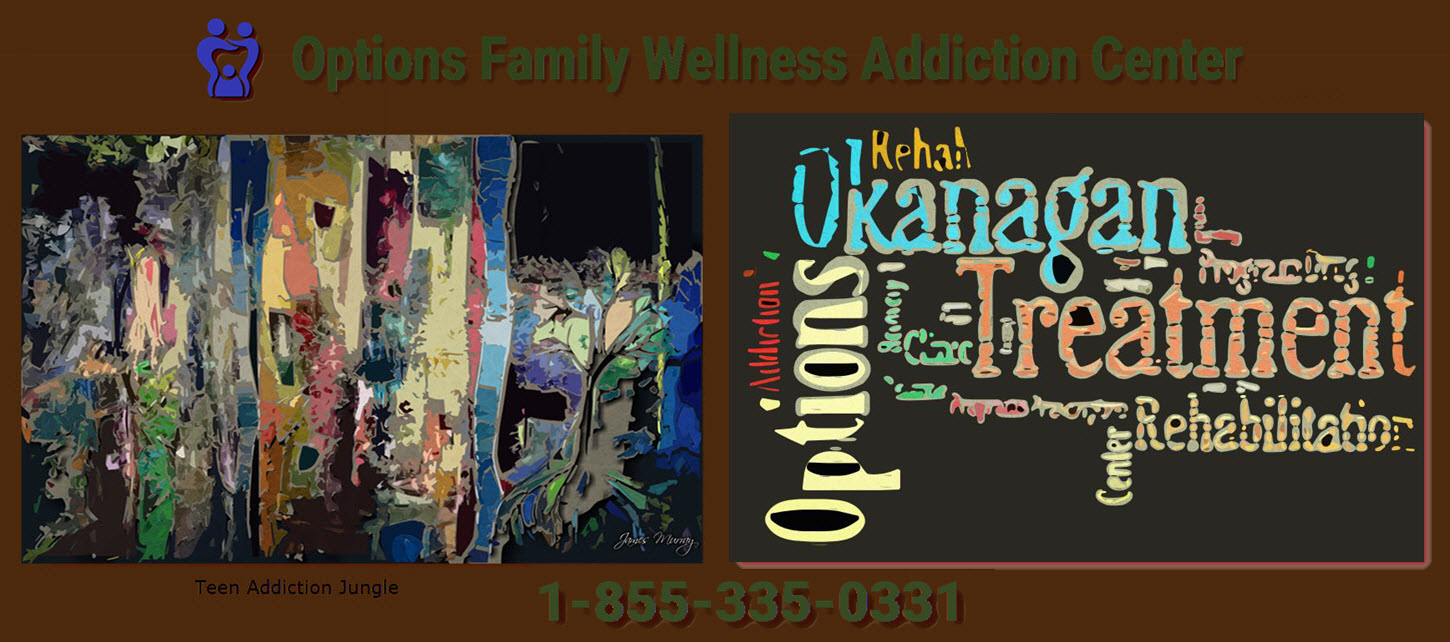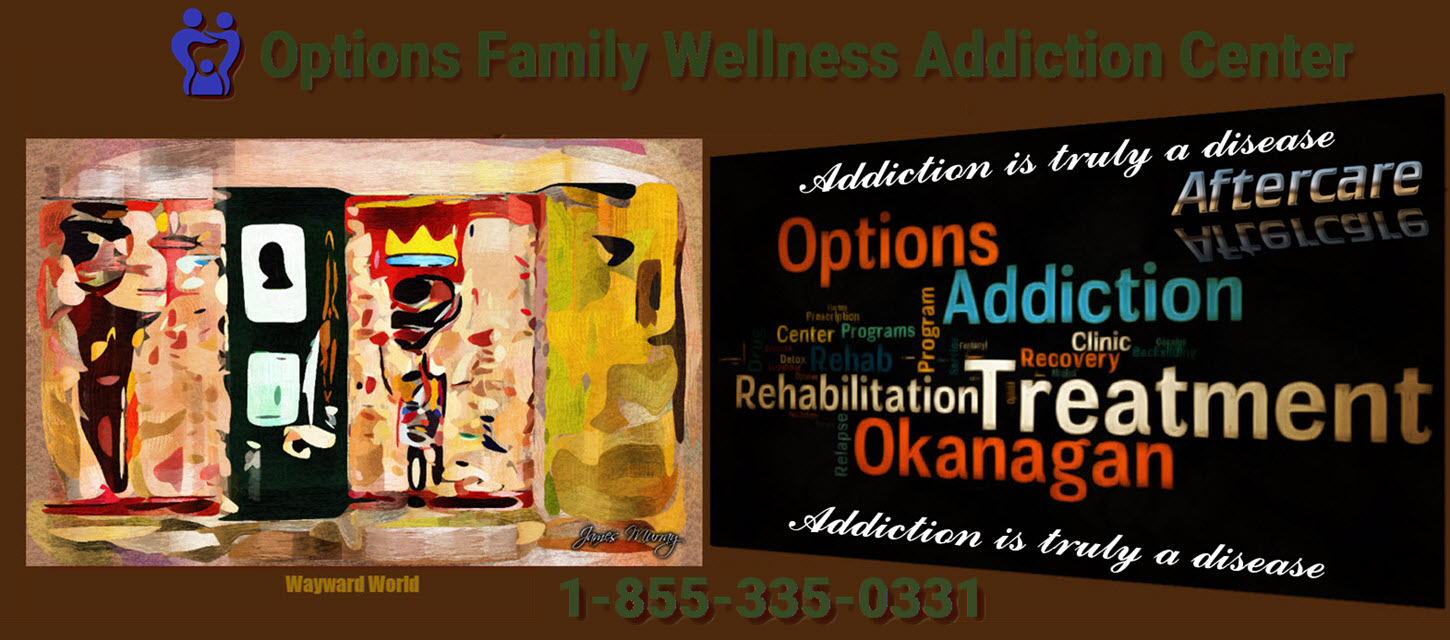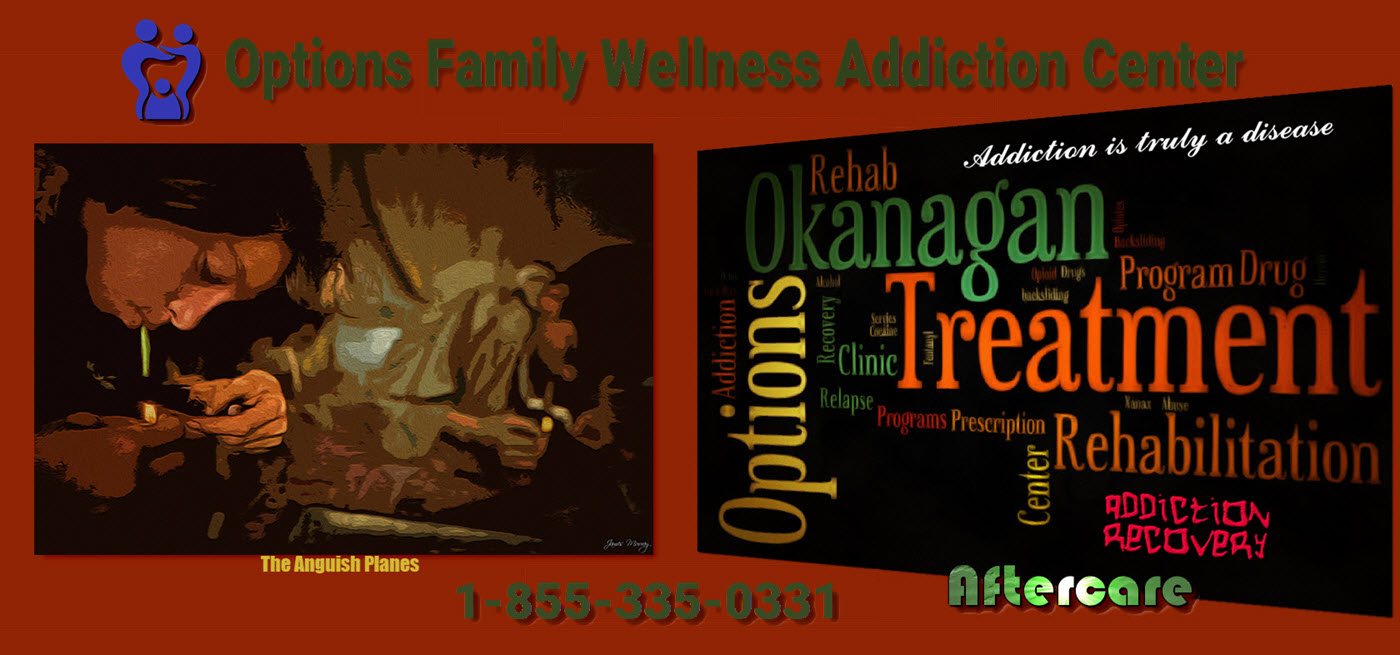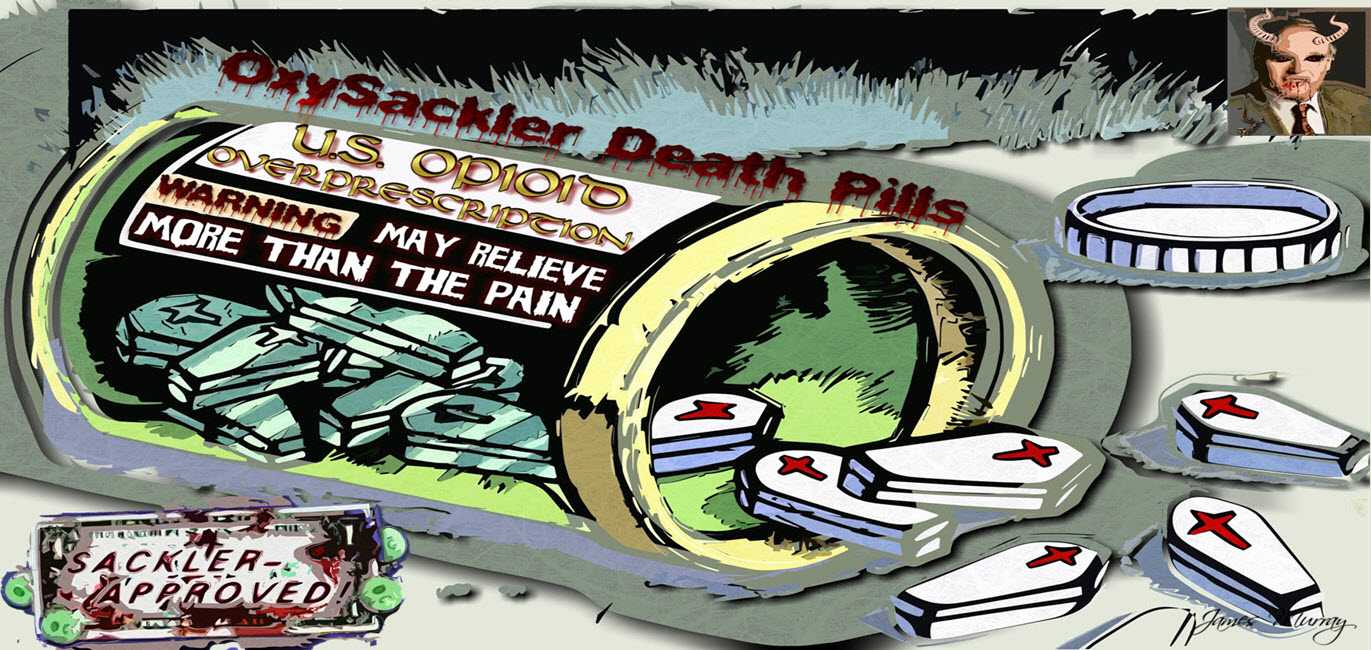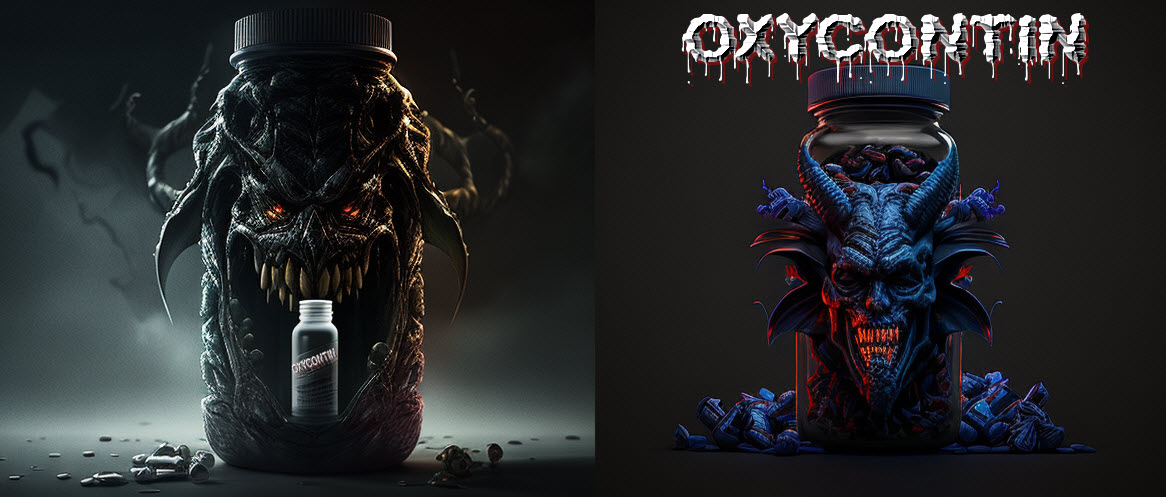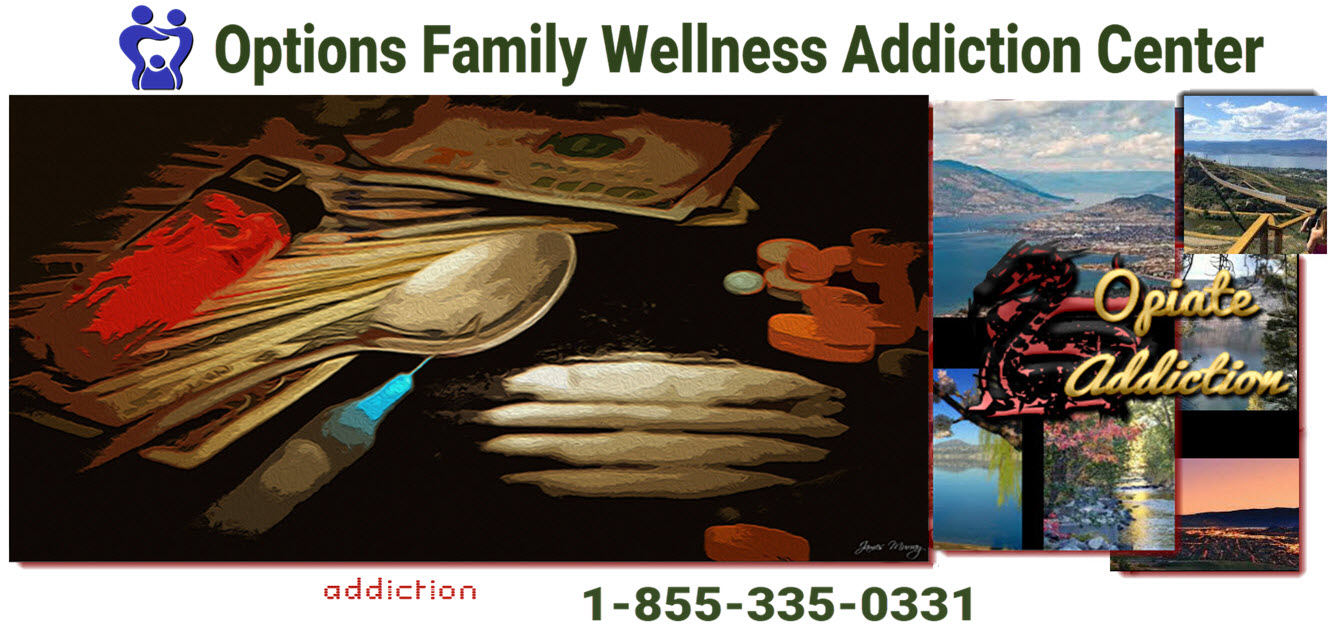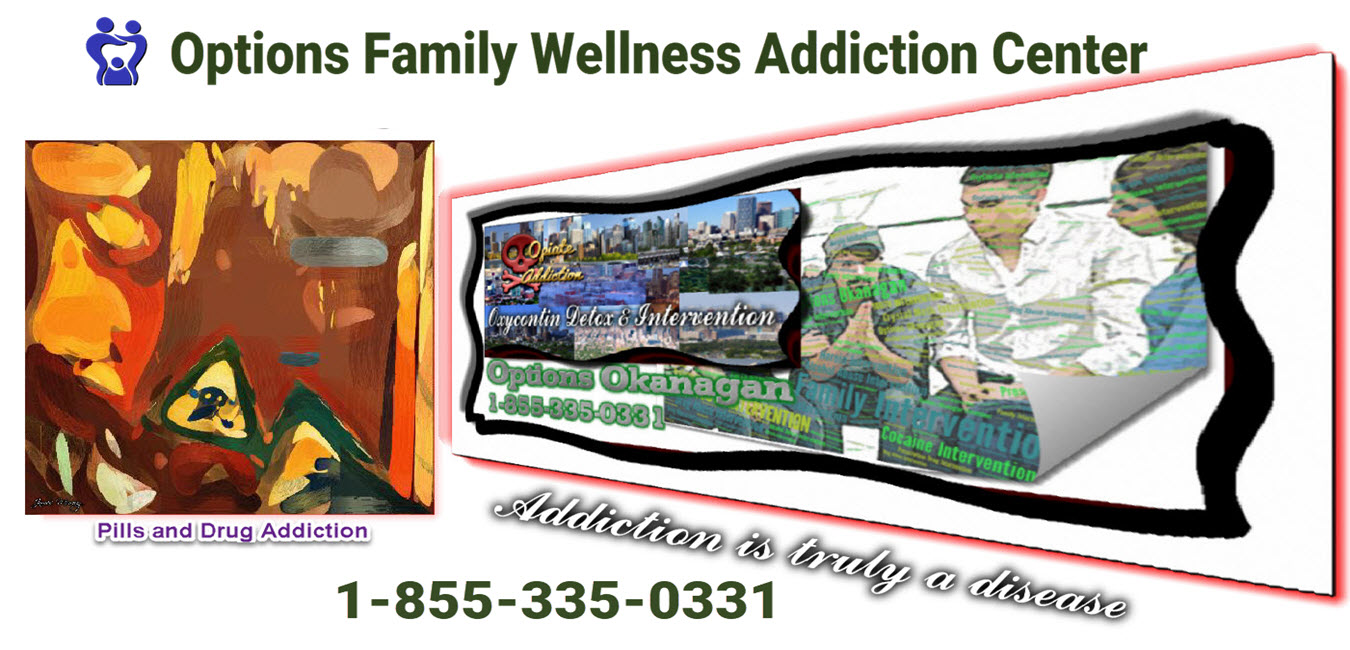The Surprising Benefits of Mental Health Support Groups You Never Knew About – Opiate addiction treatment rehabilitation programs in British Columbia and Alberta – Options Family Wellness Addiction Center in Kelowna, British Columbia treating prescription drug, opioid, opiate, fentanyl, heroin, and alcohol addiction and recovery.
Drug Addiction Treatment Center In BC
“Breaking the Stigma: The Life-Saving Benefits of Mental Health Support Groups”
Living with a mental illness can be isolating, overwhelming, and distressing. Unlike physical illnesses, mental health issues are often not immediately visible, making it challenging for people to understand and empathize with those suffering from mental health disorders. It can also be difficult for people to find proper care and support, leading them to feel alone and hopeless.
Mental Health Disorder Programs In BC
Mental health support groups have become a crucial resource for people with mental health issues to connect with others who share similar experiences and find comfort, guidance, and hope. These support groups can provide individuals with a sense of community, acceptance, and understanding that they may not find elsewhere. In this post, we explore the benefits of mental health support groups and how they can improve an individual’s overall mental health and wellbeing.
What are Mental Health Support Groups?
Mental health support groups are gatherings of people who share similar mental health disorders or concerns. These groups provide a safe and supportive space where individuals can share their experiences, emotions, and struggles without fear of judgment. Members of the group offer each other emotional and practical support, coping strategies, and advice. Support groups can also serve as a platform for information sharing and education about mental health issues and treatments.
Benefits of Mental Health Support Groups
Mental health support groups offer numerous benefits to individuals with mental health disorders, including:
1) A Sense of Belonging: Support groups provide a sense of community and belonging, which can help individuals feel less alone and isolated.
2) Emotional Support: Members of the group offer each other emotional support, which can help individuals cope with their mental health issues and improve their mental wellbeing.
3) Practical Advice: Support group members can offer practical advice and coping strategies to help individuals manage their symptoms and improve their quality of life.
4) Hope and Motivation: Support groups can provide individuals with hope and motivation, encouraging them to continue their healing process and seek treatment.
5) Education and Information Sharing: Support groups can serve as a platform for information sharing and education about mental health issues and treatments, helping individuals better understand their condition and find appropriate care.
In the depths of despair,
We often feel alone,
Like no one else could understand
The pain that we have known.
But there are others out there,
Who have felt the same way too,
Who know the struggles that we face,
And what we’re going through.
In support groups we find
A safe and caring space,
Where we can share our stories,
And feel embraced.
With words of kindness and hope,
We lift each other up,
And find the strength to face each day,
As we sip from life’s bitter cup.
So let us take each other’s hand,
And walk this path together,
For in unity we find our strength,
And in support we find our tether.
Leading authors and books on the benefits of support groups for mental health:
“The Healing Power of Connection” by Jeanne Safer – This book explores how the relationships we form with others can help us overcome mental health struggles and improve our overall wellbeing. Safer includes personal stories and research to support the benefits of support groups.
“The Mindful Path to Self-Compassion” by Christopher K. Germer – Germer’s book focuses on the importance of self-compassion for mental health, and includes a chapter on how support groups can help individuals connect with others and feel less alone in their struggles.
“An Unquiet Mind” by Kay Redfield Jamison – Jamison’s memoir about her own struggles with bipolar disorder touches on the role that support groups played in her recovery. She discusses the importance of finding a community of people who can relate to your experiences and offer support.
“The Anxiety and Phobia Workbook” by Edmund J. Bourne – Bourne’s book offers practical exercises and tools for managing anxiety and phobias, and includes a chapter on how support groups can be a valuable resource for individuals struggling with these issues.
“Lost Connections” by Johann Hari – In this book, Hari explores the factors that contribute to depression and anxiety, and offers solutions for improving mental health. One of the solutions he recommends is forming connections with others, including through support groups.
FAQ:
Q: What is a mental health support group?
A: A mental health support group is a gathering of individuals who share similar struggles with mental health issues, such as depression or anxiety. These groups provide emotional and moral support for one another, and can help individuals feel less alone in their struggles.
Q: Who can benefit from a mental health support group?
A: Anyone struggling with a mental health issue can benefit from a support group. These groups are particularly valuable for individuals who feel isolated or alone in their struggles, as they offer a sense of community and belonging.
Q: How are mental health support groups different from therapy?
A: Mental health support groups are typically led by non-professionals and are focused on providing emotional support and connection, while therapy is led by trained professionals and is focused on helping individuals develop coping strategies and address deeper issues.
Q: Are online support groups effective?
A: Online support groups can be effective for some individuals, particularly those who may not have access to in-person groups or who feel more comfortable communicating online. However, online groups may lack the personal touch and connection of in-person groups.
Q: Can mental health support groups replace professional treatment?
A: No, mental health support groups should not replace professional treatment. While these groups can be a valuable resource for emotional support and connection, they are not a substitute for medical or psychological care.
Options Opiate and Alcohol Addiction Recovery Centers in Kelowna, British Columbia – Men and Women are recovering and healing from Alcohol and Drug Abuse at our treatment center here in the Okanagan right now.
Our unique and distinctive Opiate Drug and Alcohol treatment program allow men and women to come in from Calgary as well as Edmonton as we offer airport pickup.
Okanagan right now.
Numerous clients come to us from Vancouver, Calgary, and Edmonton and other locations in Alberta and even other provinces for Opiate addiction treatment, heroin drug treatment, many other drugs, and alcohol addictions for rehabilitation because of the uniqueness of our treatment center.
Options Drug and Opiate Addiction Recovery Center
551 Sherrydale Crescent, Kelowna, British Columbia, V1V 2E6
Toll-Free Phone Number: 1-855-335-0331

